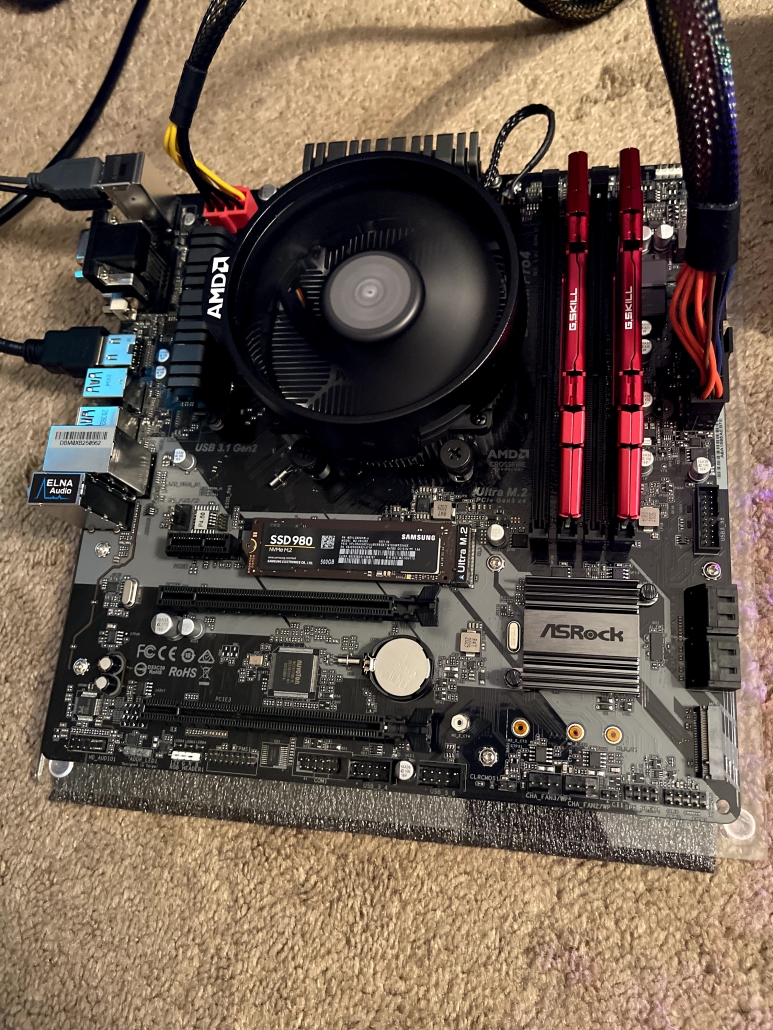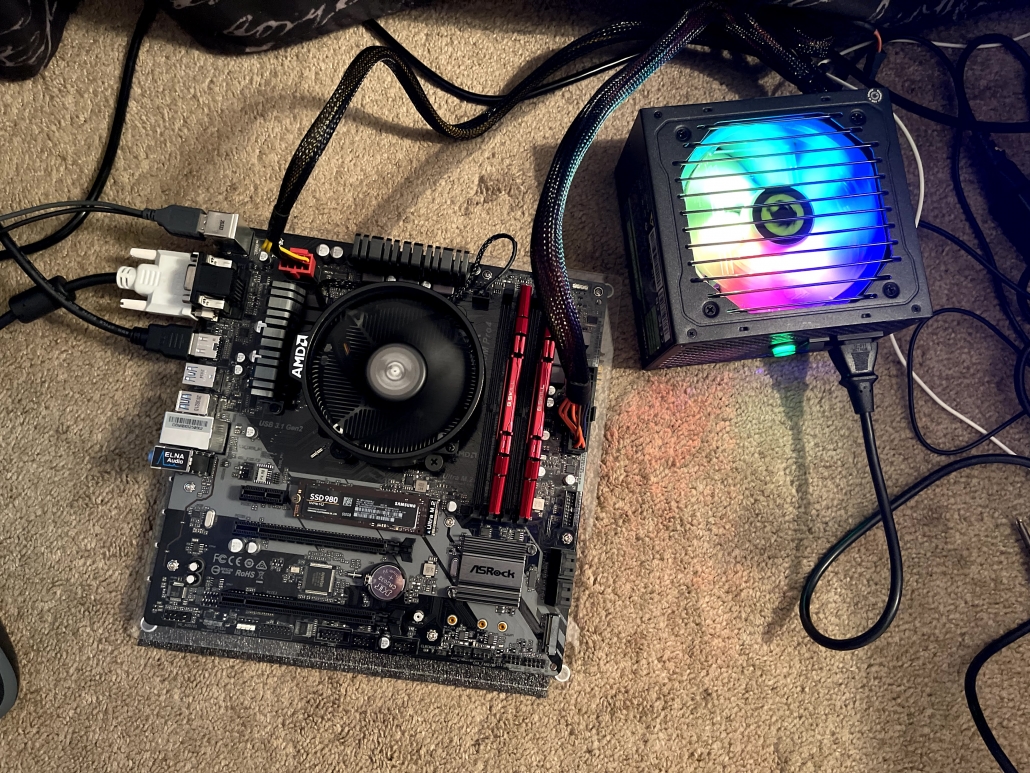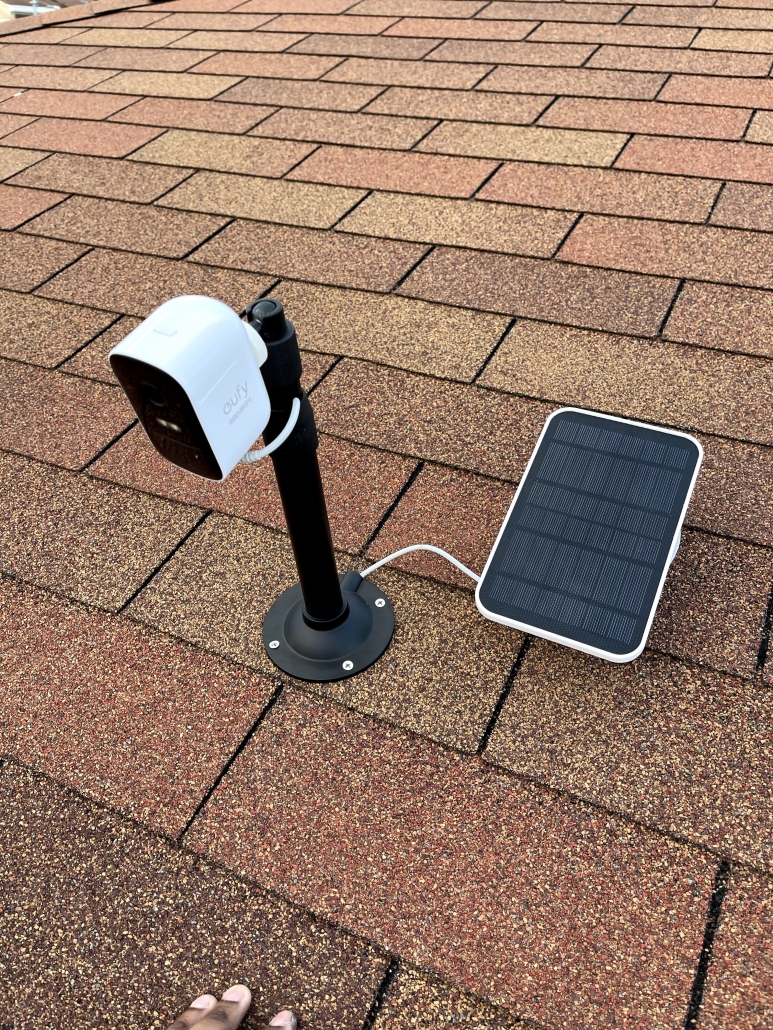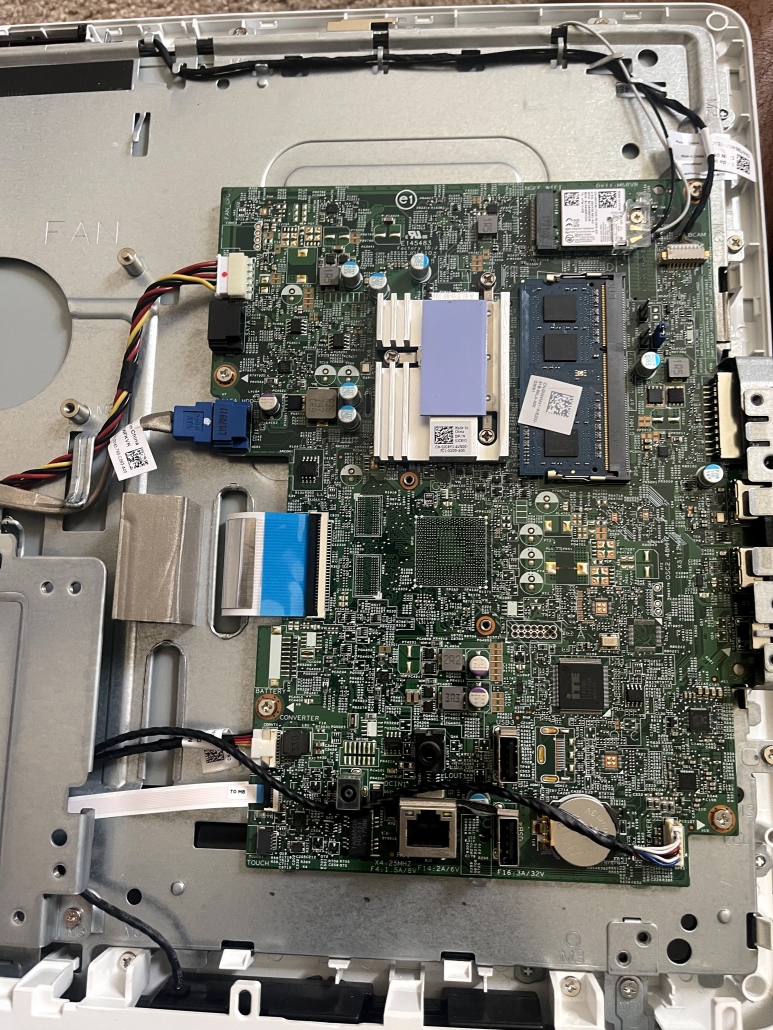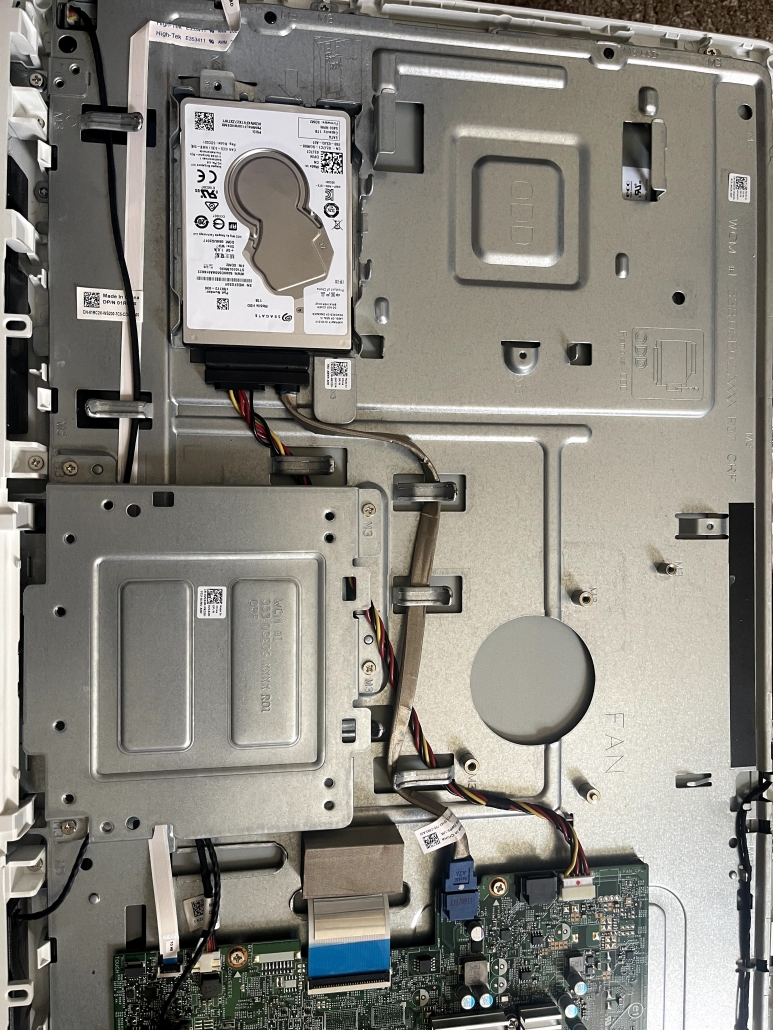Posts
It is one of the most-anticipated sporting events of the year and it’s almost game time! However like any major event, the Super Bowl can be a breeding ground for malicious actors looking to scam you out of your hard-earned money or personal information. A large variety of scams target both spectators watching from the comfort of their homes and those cheering for their teams in the stadium. Here are some ways you can tackle security offenses that may be targeted against you.
Streaming from unverified sites
As a fan, sometimes you cannot attend the match of your favorite team, yet you want to cheer them on from the other side of a screen while they battle for that coveted trophy. To do that, you may resort to looking for a live stream of the match. A free live streaming website might seem like the most convenient choice, but these services function as a trap for unwitting fans.
These websites don’t just host live streams; they expose you to myriad risks such as malware downloads, personal data theft or even financial scams. One of the most dominant features is an onslaught of ads, which are not just exceedingly annoying but, in some instances, malicious as well. If you click on one of these ads it can redirect you to malicious website hellbent on stealing your data. Some ads will try to convince you that your device is already infected by malware and the only way to get rid of it is by downloading its tool.
Alternatively, there will be multiple play buttons floating over the web player and only one is the real deal, while the rest will redirect you to a malicious website. The Super Bowl isn’t the only event targeted. Every major sports event is an attractive playground for hackers waiting for eager sports fans to drop the ball.
Tickets from unofficial sources
Usually by this time most tickets and ticket packages have already been sold out. Yet some fans who forgot to buy tickets, or have a spur-of-the-moment decision they want to go are still on the hunt for the last few that haven’t been claimed. This is an opportunity for scammers to offer “bargain tickets” to the latecomers. No wonder, since fake Super Bowl tickets and merchandise are a US$24 million business, according to MarketWatch. As a rule of thumb, you should always stick to official channels through which tickets are sold, such as the official NFL website or any other official resellers or affiliates that comply with the NFL’s rules or are explicitly named on their website.
Another channel through which scammers may target you is informing you that you’ve won tickets in a raffle or lottery, much the same way they do during similar events like the FIFA World Cup. This usually takes the form of a sloppily written email, asking you to share your personal information or pay a processing fee. Alternatively, they may include an attachment or link that leads to downloading malicious code to your machine. The NFL does run an official lottery but, according to its website, it accepts submissions only between “February 1 and June 1 of the year preceding the Super Bowl.”
Apps and hotspots
To ease your Super Bowl experience, you may download apps to help you prepare for game day. Before the Big Game, there will probably be apps appearing left and right, trying to entice you to download them to your smartphone. As always, you should be wary of what you download and install onto your device. Scammers often target you with emails containing links to themed apps, but by clicking on the link, you may be exposing yourself to downloading malware to your device. You should always stick to the official stores, be it Google Play or the App Store.
If you’re one of the lucky few who made it to Hard Rock Stadium, we have a piece of advice for you as well. In an attempt not to use up your precious data plan, you’ll want to use free Wi-Fi hotspots that will probably be available in abundance at the stadium. We recommend you avoid them, since spoofing a hotspot is quite easy. If you connect to one created by a bad actor, you can open yourself up to a plethora of breaches.
Source article: here
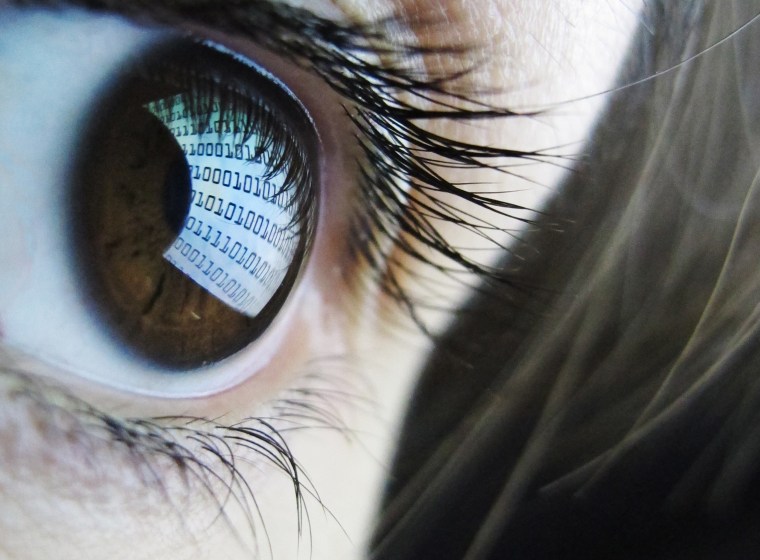
Computer Vision Syndrome, also referred to as Digital Eye Strain, describes a group of eye and vision-related problems that result from prolonged computer, tablet and cell phone use. Too much screen time and not enough breaks can cause headaches, loss of concentration, neck pain, back strain, and dry eye.
Here are some ways to help reduce computer vision syndrome and keep your eyes feeling comfortable:
- Positioning yourself at arm’s distance away from the screen for proper viewing distance when at a computer.
- Reposition your screen. Adjust your screen to be at a right
angle away from any direct light source.
- Remember the 20-20-20 rule. This rule reminds you that every 20 minutes, you should look at an object at least 20 feet away for at least 20 seconds.
- Rest your eyes for 15 minutes after two hours of continuous computer use.
- Blink often to keep your eyes moist. If they feel dry, try some eye drops.
- Increasing text size on devices to better define content on the screen
Why Should You Back Up Your Computer?
If your hard drive fails or a power outage destroys your computer’s hardware, you could lose every piece of data stored on the machine. Even if you maintain your hardware religiously, other threats exist. For example, a virus could rip through your computer and compromise your files. Several programs help you recover from a virus, but no guarantee exists for full restoration.
What is a Backup?
Backing up your computer creates copies of your files and stores them in one or more separate locations. Some computer users back up their files to external hard drives or flash drives, while others use cloud backups to protect their data. Think of a backup as an insurance policy against catastrophe. If your computer suffers a virus, crash or other issue, your files remain untouched in the separate location.
Many people neglect backups because of the time required. If you never back up your computer, consider using an online backup software. It automates the process so you know you’re covered all the time. You’ll enjoy greater usage capacity and enhanced peace of mind.
Whether you conduct backups manually or automatically, frequency plays a large part in determining the process’ success. How often should you back up your computer? The answer depends on your usage patterns.
How Often Do Your Files Change?
Some people constantly load new files onto their computers and make changes to old ones. Others rarely use their computers. Determine your backup frequency based on your rate of file changes. For example, a photographer who downloads 200 images to his or her computer on a daily basis needs to schedule daily backups.
How Important Is Your Data?
You might not care if you lost your browsing history, but what if you lost your thesis paper or your childhood photos? Consider the value of your files and documents when establishing a backup schedule. If you load your computer with 2GB of family home videos, for instance, you need to conduct a backup right away.
When Do You Update Your Files?
For better security, consider conducting computer backups at the same time you perform other computer-related tasks. A web designer who creates new graphics for clients every day of the week, for example, might back up his or her computer at the end of every workday. Not only do systematic backups protect new files, but they also create rigid schedules.
If you use online backup software, schedule backups accordingly. Think about your usage patterns. If you add or change files on a particular day, schedule backups for that specific time.
Scheduling regular computer backups saves your data if something goes wrong with your computer. It also creates peace of mind because you don’t have to worry about lost files.
BUSINESS HOURS
By appointment only

